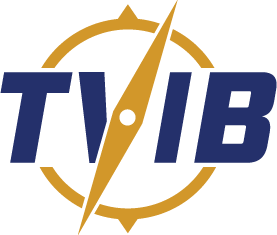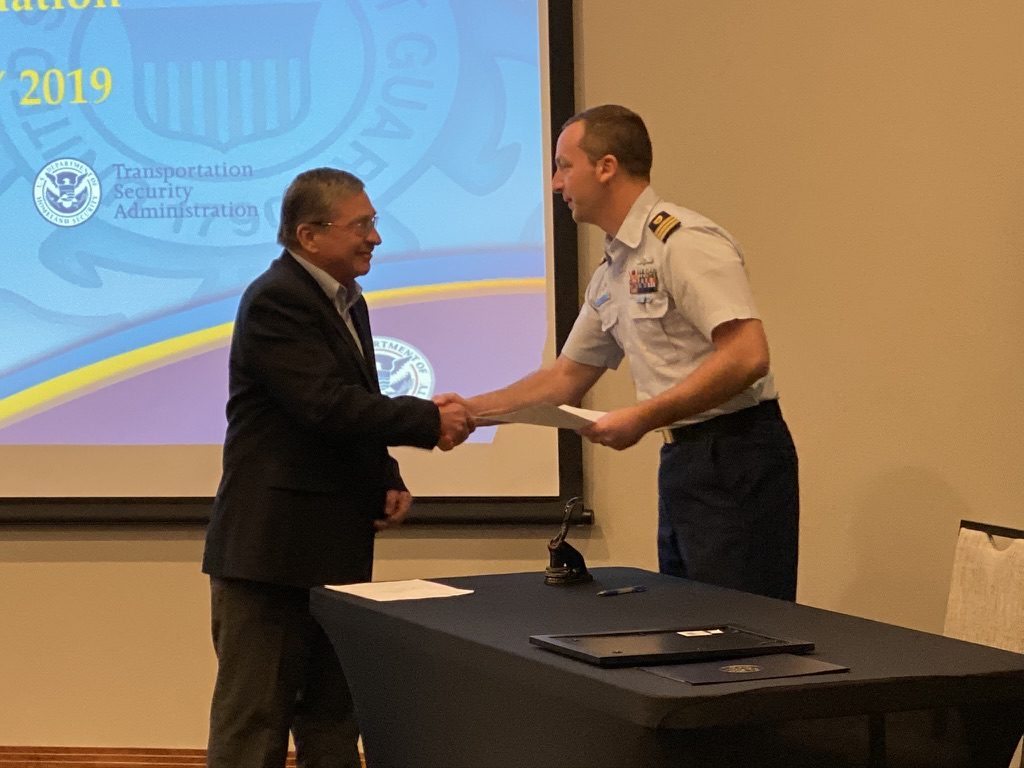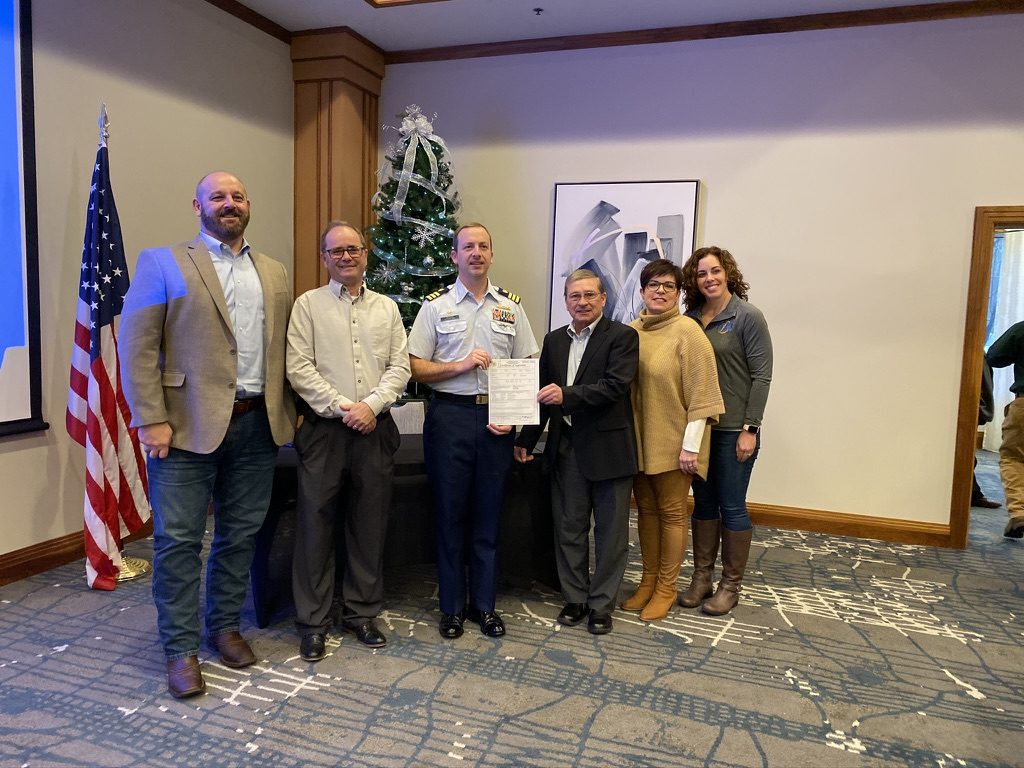USCG: Random Drug Testing Rate for Covered Crewmembers for 2020
12/27/2019 Federal Register
The Coast Guard has set the calendar year 2020 minimum random drug testing rate at 50% of covered crewmembers. The minimum random drug testing rate is effective January 1, 2020 through December 31, 2020.
The Coast Guard continues a 50% minimum random drug testing rate for 2020 as a result of MIS data for the most recent reporting year which indicated that the positive rate continues to be greater than one percent. 46 CFR 16.230(f)(2) requires the Commandant to set the minimum random drug testing rate at 50% when the positivity rate for drug use is greater than 1 percent.
Marine employers are required by 46 CFR 16.500 to collect and maintain a record of drug testing data for each calendar year, and submit this data to the Coast Guard in a Management Information System (MIS) Report by March 15 of the following year.
Click here to review the full notice published in the Federal Register.


